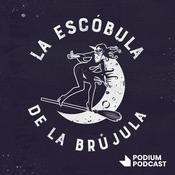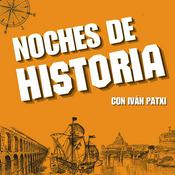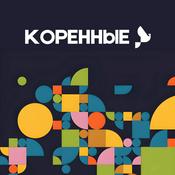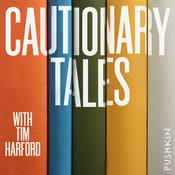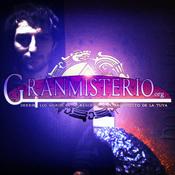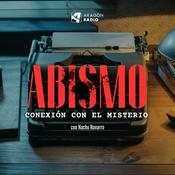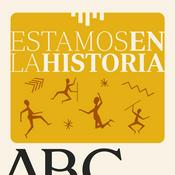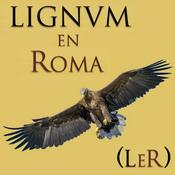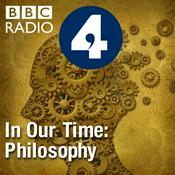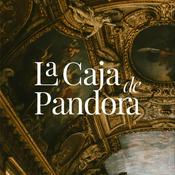28 episodios
- Guests: Johanna Fink & Marc Bovermann (Max Planck Institute for the Study of Crime, Security and Law)
How can a democracy protect and safeguard its core values without inadvertently harming them and becoming an authoritarian state? This crucial legal and political question forms the starting point for this episode of the Lawcast.
Join Christopher Murphy as his guests—Marc Bovermann and Johanna Fink—discuss how Germany has adopted a so-called militant democracy to balance the right to free speech with the state's duty to safeguard its democratic foundations.
Find out more:
https://law.mpg.de/lawcast/?id=136355 - Guest: Tatjana Hörnle (Director of the Department of Criminal Law, Max Planck Institute for the Study of Crime, Security and Law)
Beyond a simple ‘yes’ or ‘no’, consent to sexual activity is a nuanced concept deeply intertwined with respect, personal boundaries, and human dignity. As European nations grapple with reforming their sexual assault laws to reflect these complexities, we explore the challenges of creating effective legislation. Christopher Murphy is joined by Tatjana Hörnle, whose expertise in the modernization of these laws across Europe provides invaluable insight into this crucial and sensitive subject.
Link to one of Tatjana's papers on the topic:
https://academic.oup.com/clp/article/77/1/49/7646429
Find out more:
https://law.mpg.de/lawcast/?id=123436 - Guest: Valérie Rosoux (University of Louvain (Belgium) and Max Planck Law Fellow)
Today's episode explores the complexities of mediation in some of the world's most intractable conflicts. Valérie Rosoux joins Christopher Murphy to discuss how deep-rooted animosity and intergenerational mistrust make third-party brokered mediation particularly difficult in such situations.
Given these complexities, what tools can mediators utilize to bring conflicting parties to the discussion table? When is the optimal time for them to intervene (to avoid acting either too prematurely or too belatedly)? And, perhaps most importantly, how can ingrained mistrust and animosity be transformed into a genuine desire for lasting peace?
Link to one of Valérie's papers on the topic:
https://www.researchgate.net/publication/363954458Hownottomediate_conflict - Guest: Erik Tuchtfeld (Max Planck Institute for Comparative Public Law and International Law)
The Internet connects people from across the globe: it facilitates communication and has single-handedly transformed education, commerce, and entertainment. But who controls what we can say and find on the Internet? Or better put, who are the Internet’s Global Gatekeepers?
In this episode, Erik Tuchtfeld and Christopher Murphy dive into the complex world of online content moderation and discuss its far-reaching implications.
Link to Erik's research papers: https://www.mpil.de/en/pub/institute/personnel/academic-staff/etuchtfe.cfm - Guest: René Urueña (Universidad de Los Andes in Bogotá (Colombia) and Max Planck Law Fellow)
Is Latin America on the verge of a clash between human rights and the growing influence of Christian Evangelicals? This episode of the Max Planck Lawcast delves into the rise of Evangelical Christianity in Latin America. Join Christopher Murphy and renowned Colombian scholar René Urueña as they explore how this dynamic religious movement is shaping politics, culture, and social issues across the region, including its impact on LGBTI rights and the broader landscape of governance and law.
Links to some of René's publications on the topic:
https://link.springer.com/chapter/10.1007/978-94-6265-331-3_8
https://www.cambridge.org/core/journals/american-journal-of-international-law/article/evangelicals-at-the-interamerican-court-of-human-rights/E652289C2BDA5EFF31630C43DACD839C
Más podcasts de Historia
Podcasts a la moda de Historia
Acerca de Max Planck Lawcast
The Max Planck Lawcast showcases the academic research being conducted across the various Institutes that comprise the Max Planck Law network. With over 400 legal researchers pushing the frontiers of legal knowledge, when it comes to new and exciting legal research the Lawcast has you covered.
Sitio web del podcastEscucha Max Planck Lawcast, Todo Concostrina y muchos más podcasts de todo el mundo con la aplicación de radio.es
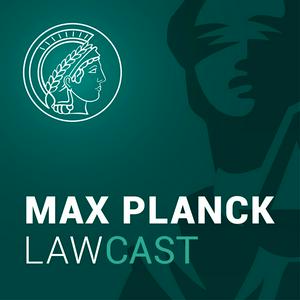
Descarga la app gratuita: radio.es
- Añadir radios y podcasts a favoritos
- Transmisión por Wi-Fi y Bluetooth
- Carplay & Android Auto compatible
- Muchas otras funciones de la app
Descarga la app gratuita: radio.es
- Añadir radios y podcasts a favoritos
- Transmisión por Wi-Fi y Bluetooth
- Carplay & Android Auto compatible
- Muchas otras funciones de la app


Max Planck Lawcast
Escanea el código,
Descarga la app,
Escucha.
Descarga la app,
Escucha.


